
“Desperado”
Videos by American Songwriter
Written by Don Henley and Glenn Frey
A song can take many years to fully marinate. Such is the case with The Eagles’ iconic “Desperado,” the title track to the band’s second album released in 1973. Its base roots, a chord progression and that searing melody, were first forged sometime in the late 1960s. Henley’s initial work on the song harkened greatly to Stephen Foster, who has been crowned the “father of American music” for writing more than 200 songs, including “Oh! Susanna” and “My Old Kentucky Home.”
Upon moving to Laurel Canyon, a self-contained neighbor of the Hollywood Hills, Henley’s first real solo songwriting session with Glenn Frey birthed one of the greatest compositions in the American songbook. The musical chemistry that day was immediate, and Frey quickly began fleshing out much of the barebones structure with richer lyrics and additional chord moments.
“Desperado,” along with another song called “Outlaw Man,” soon became the thematic bedrock of the group’s sophomore set. The band 一 then comprised of Henley, Frey, Randy Meisner and Bernie Leadon 一 was riding a new-found wave of commercial success. Their self-titled debut album (1972) snagged three hit singles, “Take It Easy,” “Witchy Woman,” and “Peaceful Easy Feeling.” The pressure was certainly rising to deliver a follow-up that was equally as viable, but, as Henley remembers it, they took a more counterintuitive approach to make a concept record that loosely explored cowboys and the wild, wild west. “The second album from any artist is always a tricky proposition. It’s a catch-22 – that is, it created a critical situation if you had hits on your first album, and it was also critical if you didn’t. At that point, we experienced what is sometimes called the ‘sophomore freakout,’” he says.
Much to the chagrin of Atlantic Records executives, the band set about plotting the recording at Island Studios in London. A piano to start, the performance swells with emotive drum and string work courtesy of the London Philharmonic Orchestra, conducted by Jim Ed Norman, who happened to be a former bandmate of Henley’s (in the Texas group called Felicity in the ‘60s). Henley had never before performed with a live orchestra, and while he scolds himself on the vocal (he was only permitted four or five takes), the result captures the tragic beauty of humanity.
He recalls “several of [the musicians] being crotchety old farts who were pissed off because they were required to play some whole notes,” he says. “Some of the violinists had actually brought chess boards with them, set them up between their chairs, and were playing chess between takes. Let’s just say that they were not enamored with the lore of the American West, at least not in the form of pop balladry.”
“Desperado” was never an official radio single, but it has taken on a life of its own over the years. Perhaps it’s Henley’s raw live take, or maybe the way the lyrics explore “the repercussions of living an isolated existence that rejects the idea of community, a life devoid of love and compassion.” Either way, the sweeping, orchestral ballad is a timeless artifact on the power and brilliance of music.
While the original recording certainly stands on its own, Linda Ronstadt’s reworking is often lauded as the definitive performance. Ever the consummate interpreter, the country-rock legend recorded her own version later in 1973 for her studio album titled Don’t Cry Now. Unsurprisingly, her silky rendition is quite a transformative one and further heightens the emotional gravity.
Are you a songwriter? Enter the American Songwriter Lyric Contest!
Definitive Versions:
https://youtu.be/wdNWRzNF_TA
Honorable Mentions:

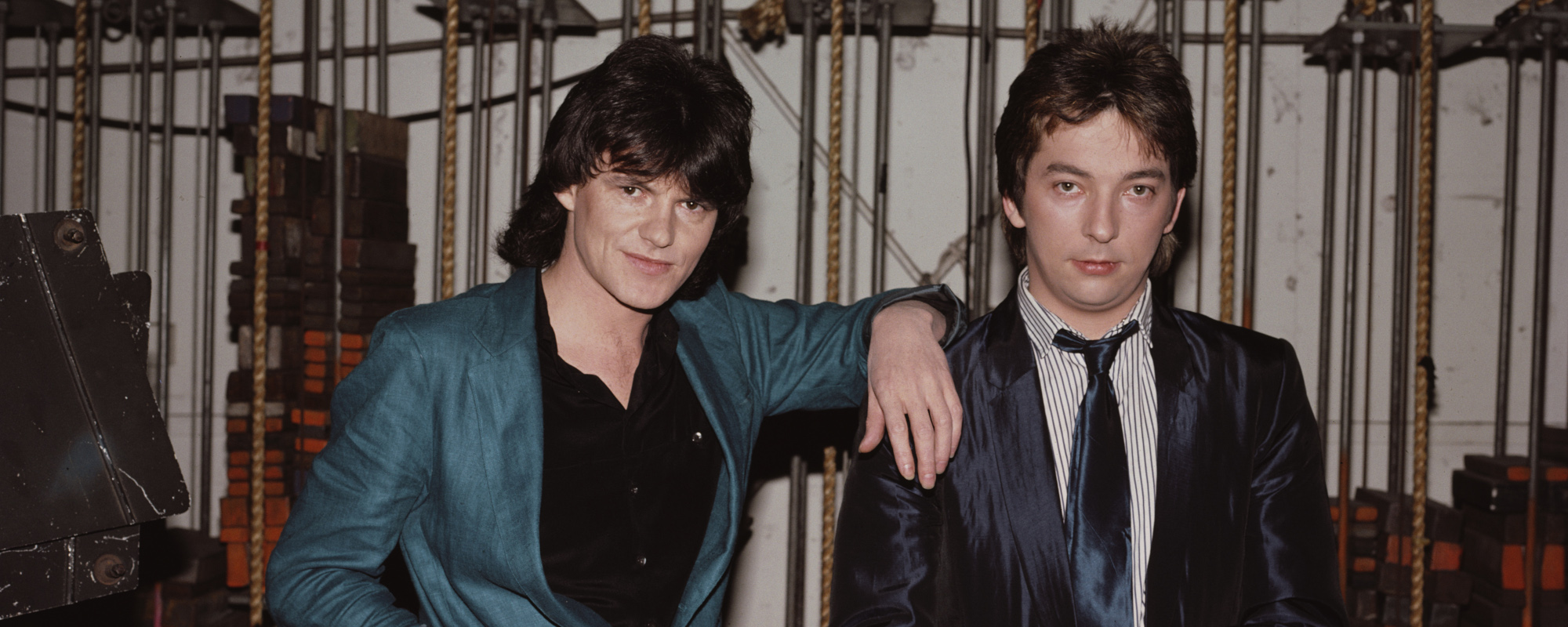
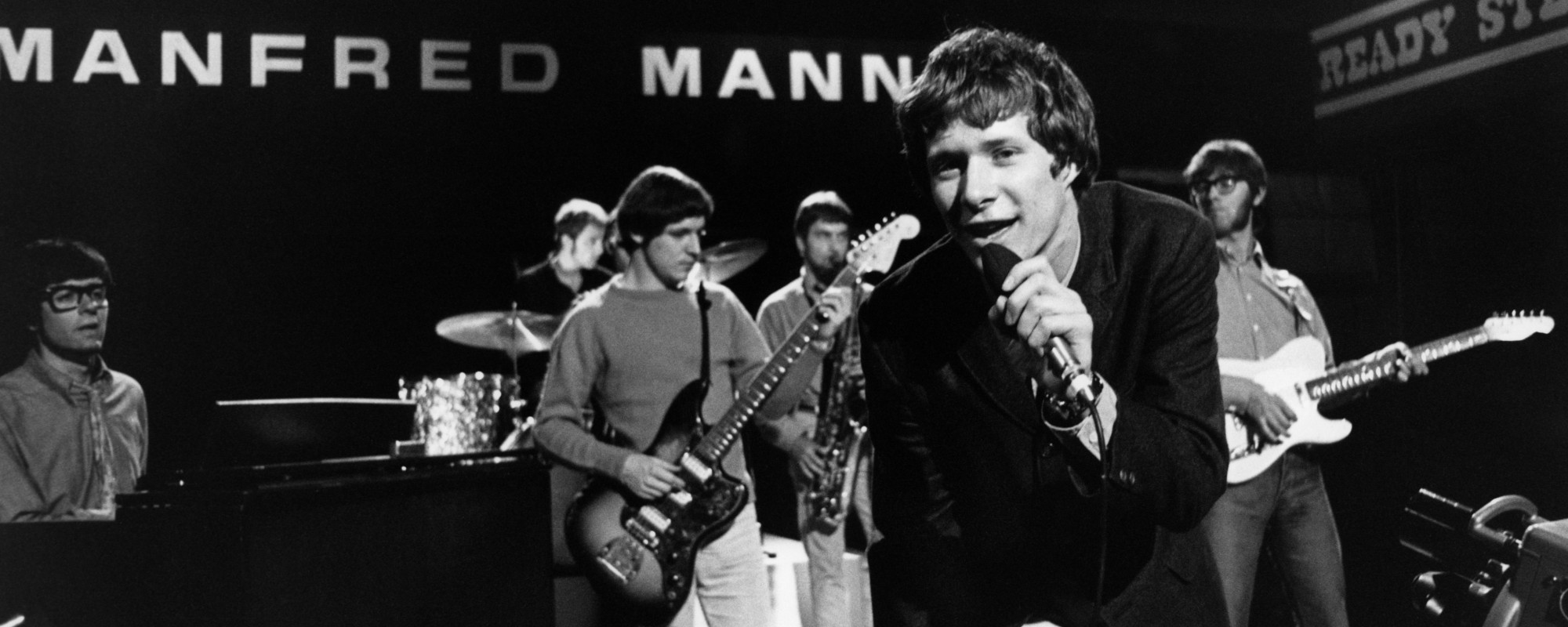
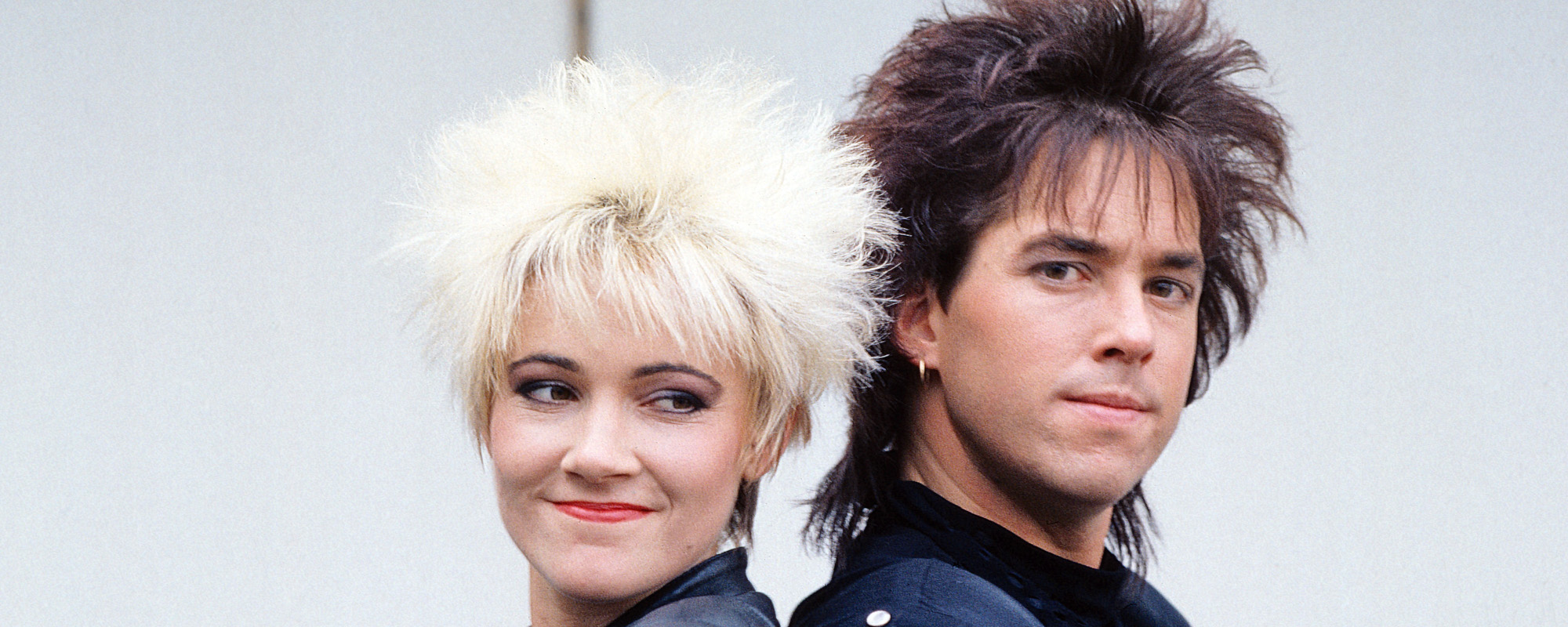
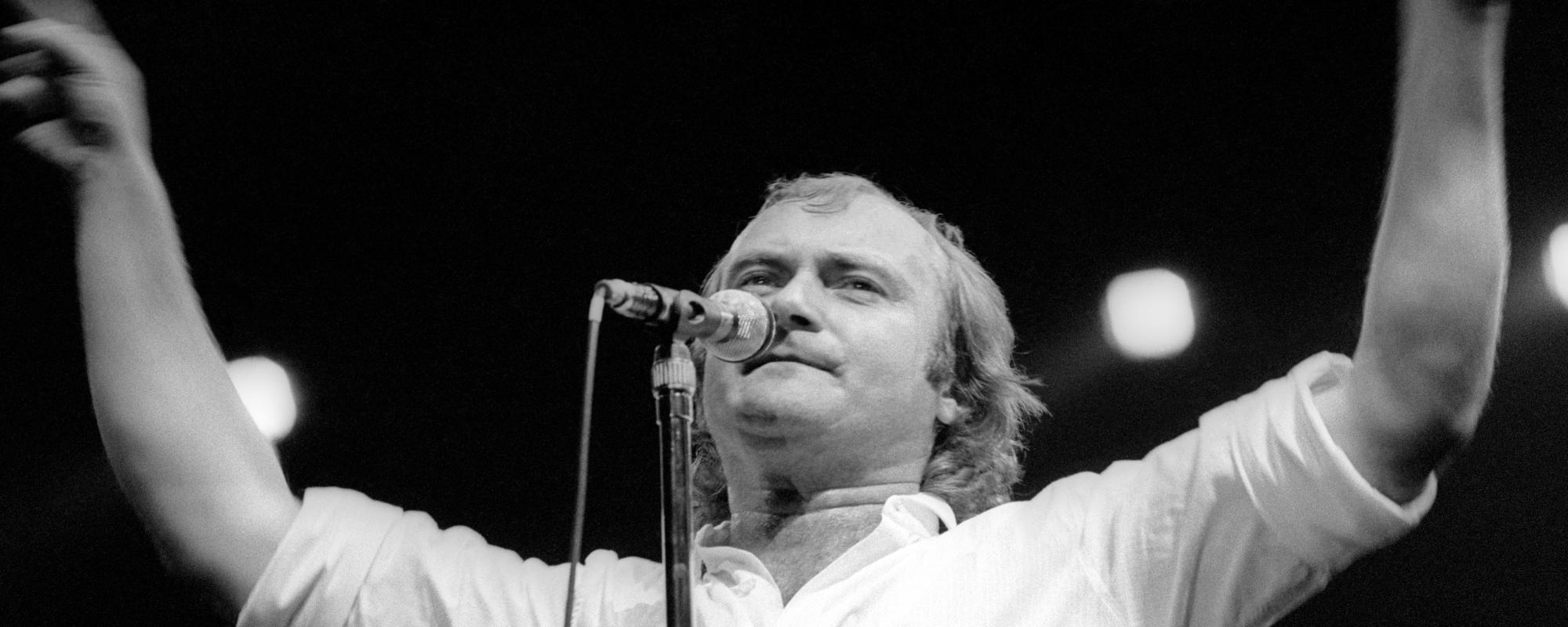
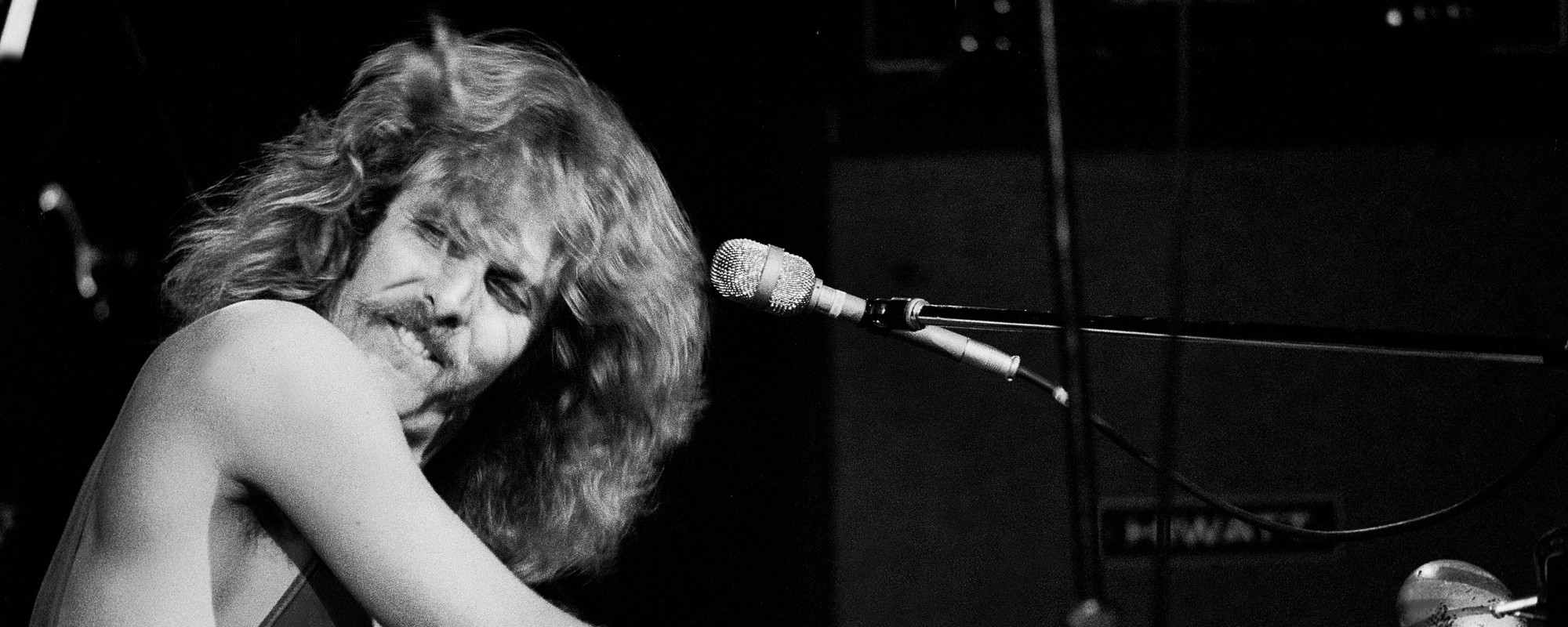






Leave a Reply
Only members can comment. Become a member. Already a member? Log in.